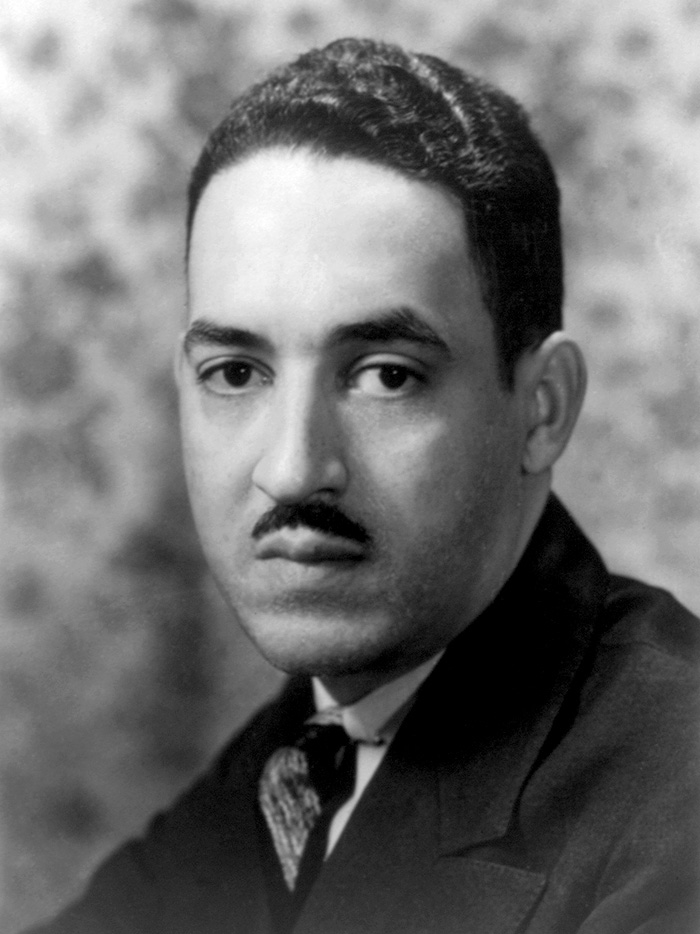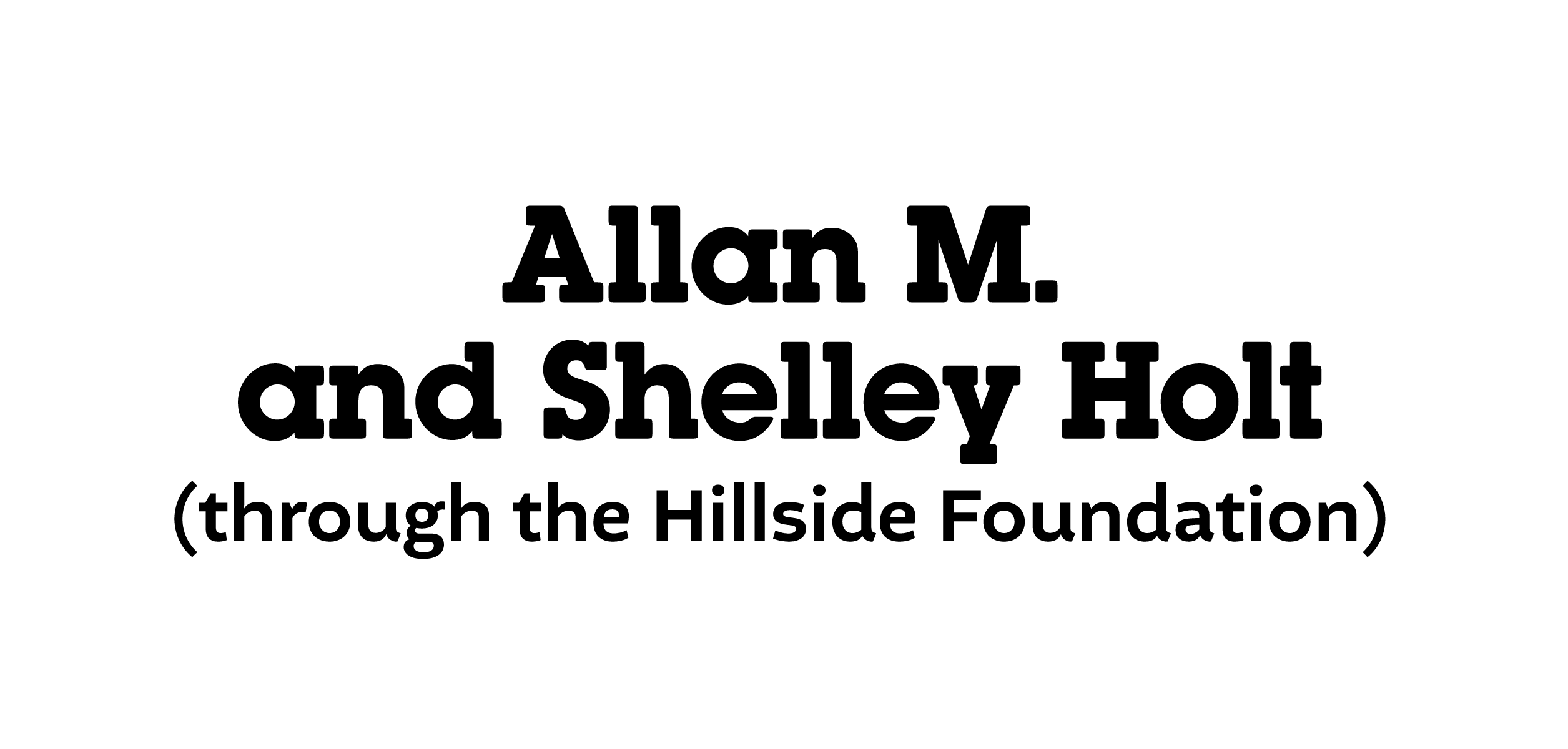This module is for Grade: 5 Introduction

Photograph of Thurgood Marshall, 38 Years Old. (1946, November 23) Detroit Tribune.
Found at: Wikimedia Commons
A biography is a story about someone’s life. It tells us about their childhood and family. People enjoy learning about others. They want to know if a person got married. Did they have kids? They want to know if they played sports. Did they have any hobbies like painting or writing poems?
A biography also shares information about a person’s education. It tells about the things they did in life and what they accomplished. It may include information about a person’s actions and how they helped others. One of the most exciting parts of a biography is learning about the challenges they faced.
Thurgood Marshall’s life story shows how one person can use the law to fight for change and make a difference. As a lawyer and a judge, he worked on important cases that challenged segregation and unfair treatment. Thurgood Marshall was dedicated to fairness and equality for all. He is one of our country’s American heroes.
Play the video and listen to the information it provides about Thurgood Marshall. Think about some of the ways his life had an impact on so many others.
Are you curious to learn more? Before you begin this lesson, select the arrows to review the key vocabulary. Select the Turn button to read the definition for each vocabulary word.
In this lesson, you will:
- Explore the life and achievements of Thurgood Marshall.
- Identify and explain why Thurgood Marshall valued the law.
- Examine several important court cases that were led by Thurgood Marshall to expand equal rights for African Americans.
- Describe the legacy of Thurgood Marshall.
Essential Questions:
Throughout the lesson, you will think and reflect on these essential questions.
- What kinds of information are included in a biography?
- Who was Thurgood Marshall?
- Why are mentors important in helping people achieve important goals?
- How did Thurgood Marshall use important court cases to bring about change, fairness, and equality in America?
- Why was Thurgood Marshall’s nomination to the Supreme Court important to the United States?
- How are change, fairness, and equality part of the legacy of Thurgood Marshall for all Americans?
An Important Note about Language
In the past, people used words and language that we do not use today. When studying primary sources, we sometimes find words that may feel very uncomfortable. This is part of the work of historians.
In this lesson, you will notice the words “Negro” and “colored” in some videos and primary sources. Today, we do not use those words because they can be hurtful. In the past, they were used in place of Black or African American. In our class activities and discussions, we will use Black or African American.











